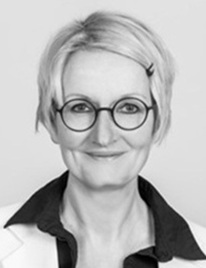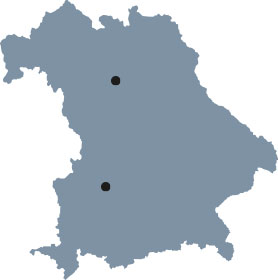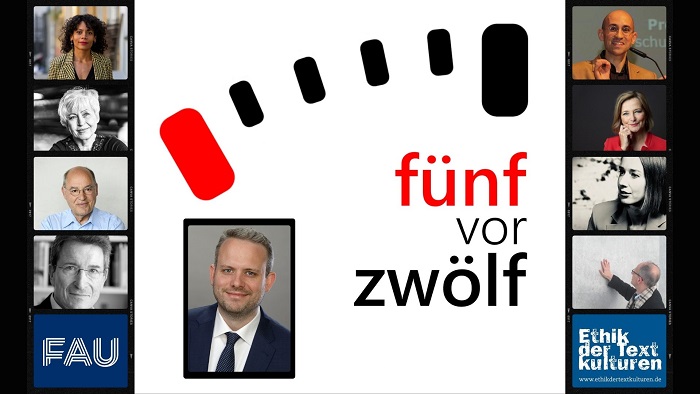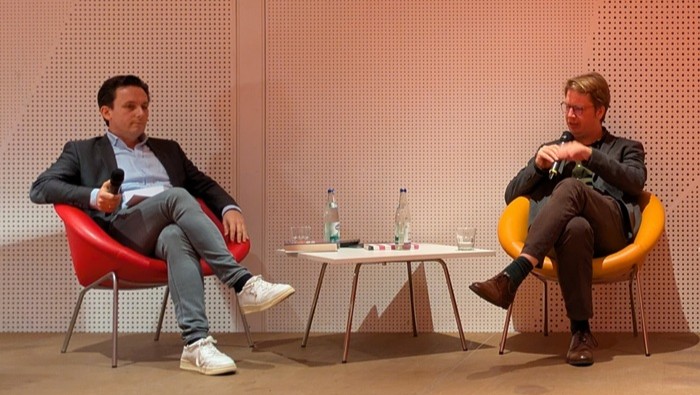Ethics of Textual Cultures
What we can observe in the dynamics of social development often leads to priorities that are difficult to determine. “Ethics of Textual Cultures”, as one of only a few Elite Graduate Programs from the humanities within the Bavarian Elite Network (ENB), tries to react to this situation: We offer specific modes of reflections which ought to provide orientation in a hybrid world and we are interested in the critical analysis of the conditions of the commonalities and differences of language and values. The program is open to highly motivated students, who want to reflect questions of social responsibility.
| Degree | Master of Arts |
| Duration of study | Four semesters |
| Place of study | Augsburg, Erlangen |
| Admission requirements | Bachelor’s degree (Arts) |
| Language of instruction | German, partly English |
| Application deadline | February 15th, August 1st |
| Begin of studies | Winter semester, summer semester |
| Head | Prof. Dr. Stephanie Waldow (Augsburg) |
| Coordinator | Dr. Julian Werlitz (Augsburg) Contact the coordinator Sarah Dönges (Erlangen) Contact the coordinator |
| Further informationen | Website Ethics of Textual Cultures |
What is the Connection Between Values and Language?
The Elite Graduate Program “Ethics of Textual Cultures” is open to excellent students from anywhere who are interested in critically evaluating the correlation between languages, texts and cultures. This concerns questions of philosophical or theological backgrounds as well as linguistics (discourse-analysis), the media, politics and the cultures of everyday-life. Students will be integrated into international research.
What is important to us are theoretical approaches as well as historical aspects, leading to discussions of contemporary life, e.g. along the borders of neurosciences, ethics and religion. Furthermore, we try to combine methodological impulses from philological analysis with the scope of cultural studies.
Within the broad scope of varying modules,there is the opportunity for students to specialize themselves further.
It is up to our mentee-program to inform and support students from the very beginning of their studies.
The students take part in various seminars, which give the opportunity to come into contact not only with all the lecturers from both universities, but also with renowned figures from within international research.


The Elite Graduate Program offers the opportunity to work with committed students on socially relevant topics on an equal footing and to accompany them on their way to a responsible and reflective (professional) life.
Prof. Dr. Stephanie Waldow




